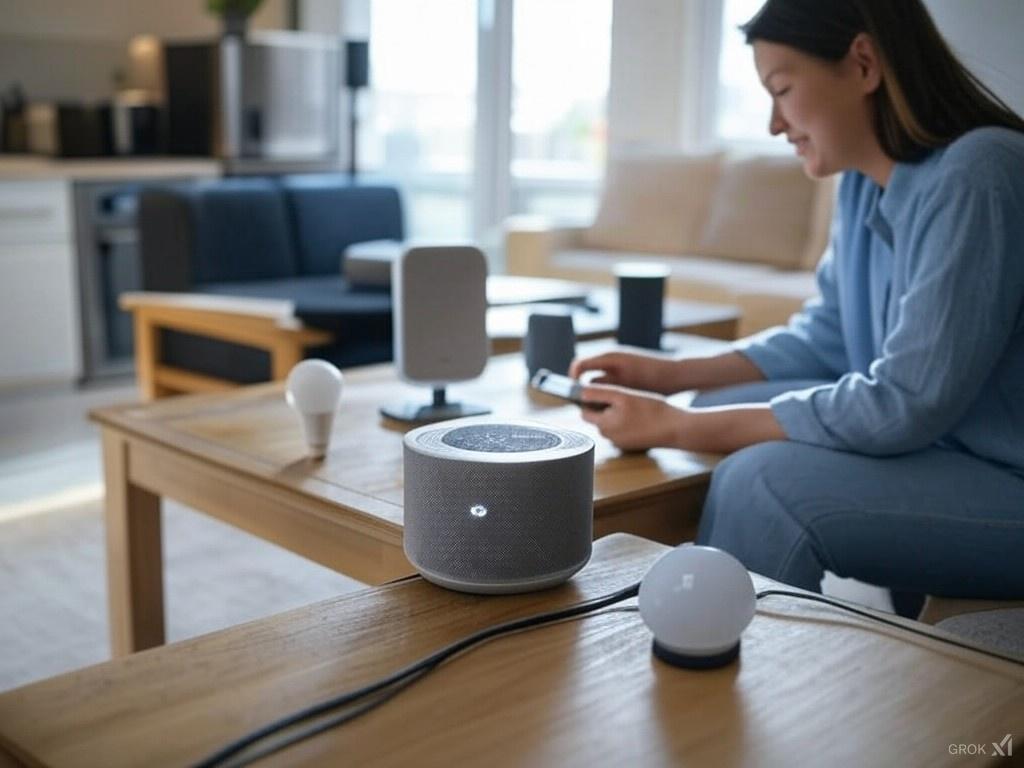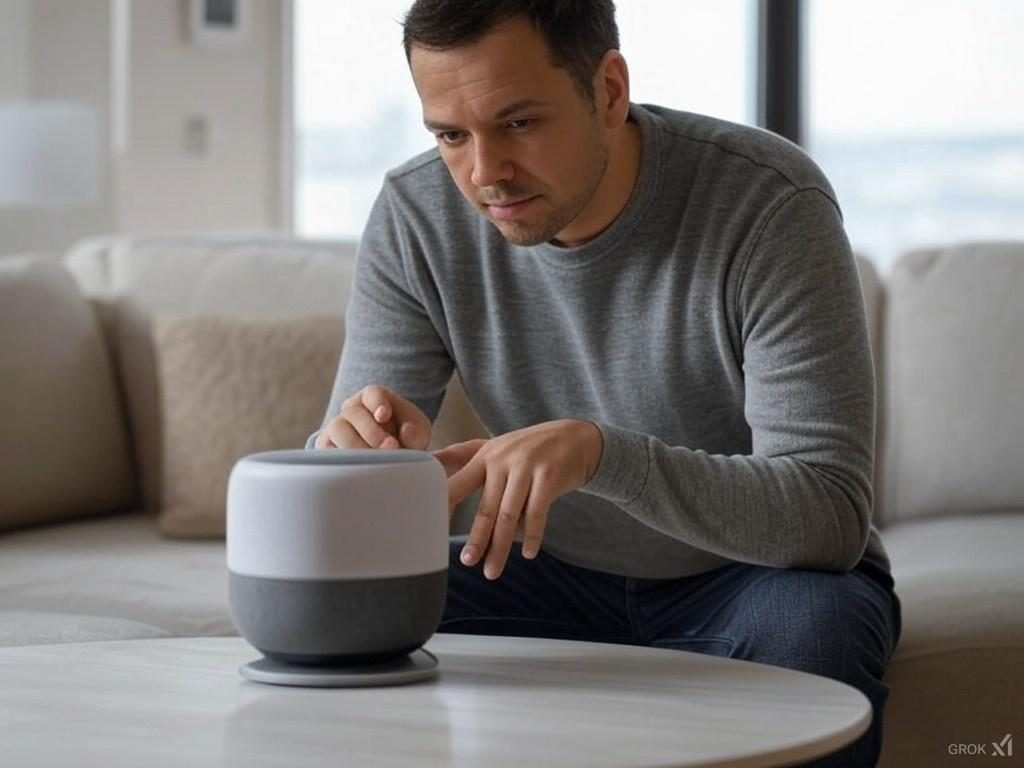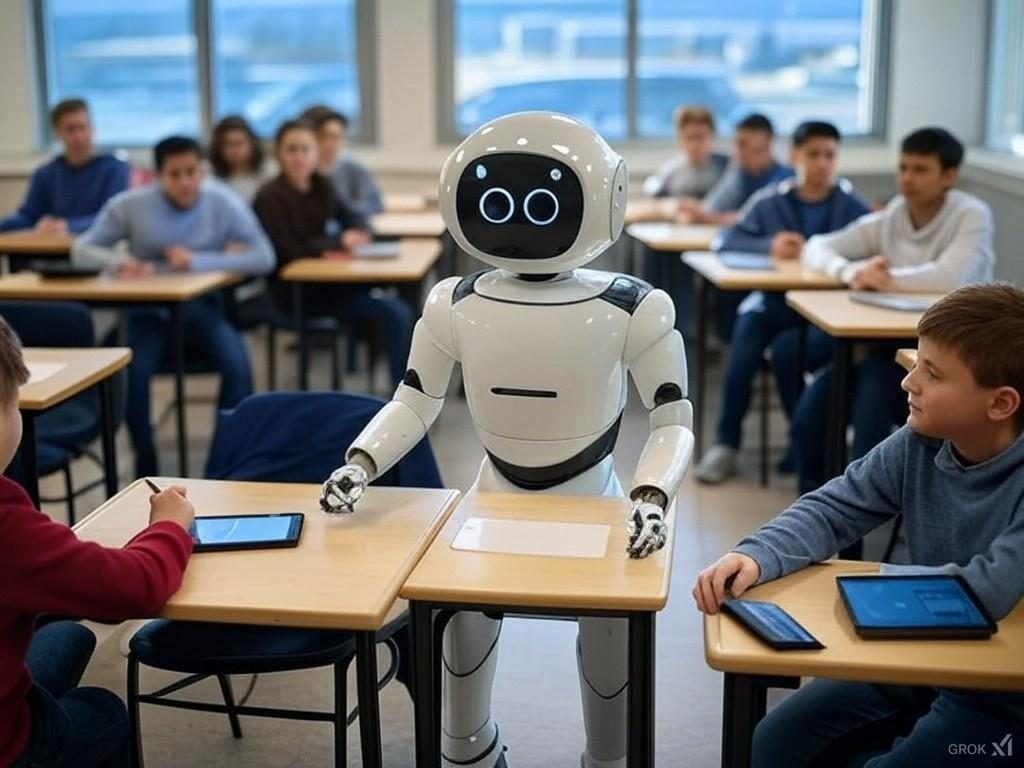
1. Introduction
Artificial Intelligence (AI) has become an integral part of modern living, subtly transforming how we go about our daily routines. From virtual assistants that help manage our schedules to smart home devices that optimize energy use, AI applications in everyday life are becoming increasingly widespread. This blog explores how AI-powered technologies, including personal assistants and smart home devices, are revolutionizing our daily activities. With AI becoming more accessible and affordable, it is essential to understand its impact and potential.
2. AI-Powered Personal Assistants
Personal assistants like Siri, Alexa, and Google Assistant are among the most recognizable applications of artificial intelligence in daily life. These AI-powered personal assistants leverage natural language processing (NLP) to understand and respond to user commands. Whether it’s setting reminders, checking the weather, or answering trivia questions, these tools are designed to make life easier.
- AI-powered personal assistants like Alexa have transformed communication by making technology more accessible.
- Imagine asking Siri to create a shopping list or Google Assistant to play your favorite song—all hands-free.
Advancements in AI have enhanced the capabilities of these assistants, allowing them to integrate seamlessly with other smart home devices, creating a truly connected ecosystem.
3. Smart Home Devices
AI in smart home devices has revolutionized how we manage our living spaces. From smart thermostats to security systems, these devices use AI algorithms to optimize performance and enhance convenience.

- Smart Thermostats: Devices like Nest use AI to learn your heating and cooling preferences, adjusting temperatures to save energy and ensure comfort.
- Smart Lighting: Philips Hue systems allow you to control lighting remotely or automate it based on your schedule, improving energy efficiency.
- Security Systems: AI-powered cameras and alarms, such as Ring and Arlo, offer advanced features like facial recognition and motion detection.Smart home devices using AI have made home automation simpler and more effective.
By integrating with personal assistants, these devices create a cohesive and user-friendly experience for managing homes.
4. AI in Entertainment
Artificial intelligence is deeply embedded in entertainment platforms, offering personalized recommendations based on user preferences. Streaming services like Netflix, Spotify, and YouTube rely on AI algorithms to analyze viewing and listening habits.
- Example Use: Netflix’s recommendation engine suggests shows and movies tailored to your interests, making binge-watching effortless.
- Gaming and Voice Recognition: AI enhances gaming consoles and smart TVs, enabling voice commands for navigation and gameplay.
5. AI in Health and Fitness
AI’s impact on health and fitness is profound, with devices and apps providing insights into personal well-being.

- Fitness Trackers: Wearables like Fitbit use AI to monitor health metrics such as heart rate, sleep patterns, and physical activity. These insights help users achieve their fitness goals.
- Health Apps: AI-powered virtual health assistants offer medical advice, remind users to take medication, and track symptoms.
- Sleep Monitoring: Devices equipped with AI analyze sleep patterns to recommend lifestyle changes for better rest.
- AI-powered gadgets for home and fitness tracking devices have made health management more accessible.
6. AI in Online Shopping
The e-commerce industry leverages AI to enhance customer experiences and streamline operations. AI applications in online shopping include:
- Personalized Shopping Recommendations: Retailers like Amazon use AI to analyze browsing history and suggest products you’re likely to buy.
- Dynamic Pricing: AI algorithms adjust prices based on demand, competition, and user behavior to maximize sales.
- Chatbots: AI-powered chatbots provide 24/7 customer support, answering queries and resolving issues.
- Personalized shopping recommendations and AI-powered chatbots enhance the convenience of online shopping.
7. AI in Transportation
AI has significantly improved transportation efficiency and safety. From navigation apps to semi-autonomous vehicles, AI’s role in daily commutes is indispensable.
- Navigation Apps: Google Maps and Waze use AI to provide real-time traffic updates, optimize routes, and reduce commute times.
- Ridesharing Apps: Platforms like Uber and Lyft rely on AI to match riders with drivers, calculate fares, and estimate arrival times.
- Autonomous Vehicles: AI-driven cars from companies like Tesla use machine learning and computer vision to enhance driving safety.
- AI in smart devices, such as navigation apps, helps optimize daily commutes.
8. AI in Communication Tools
AI has transformed communication tools, making them smarter and more efficient.
- AI-Powered Translation: Tools like Google Translate use AI to enable real-time language translation, breaking communication barriers.
- Autocorrect and Grammar Suggestions: AI-driven tools like Grammarly ensure error-free writing by suggesting improvements.
- Email Filtering: AI helps filter spam and prioritize important emails in services like Gmail.
- AI applications in communication tools enhance productivity and global interaction.
9. AI in Education
AI-powered platforms are reshaping education by offering personalized learning experiences.

- Adaptive Learning Platforms: Tools like Khan Academy and Coursera use AI to tailor educational content based on individual progress.
- Virtual Tutors: AI tutors provide instant assistance, making education more accessible.
- Interactive Learning: Apps like Duolingo use gamification and AI to teach languages effectively.
- AI in education platforms offers personalized learning opportunities for students of all ages.
10. Challenges and Ethical Concerns
Despite its benefits, AI presents challenges and ethical concerns that must be addressed.
- Data Privacy: AI-powered personal assistants and devices collect user data, raising privacy concerns.
- Dependence on AI: Over-reliance on AI can hinder critical thinking and decision-making skills.
- Bias in Algorithms: AI systems may inadvertently perpetuate biases present in their training data.
- Ethical concerns about AI in daily life emphasize the need for responsible usage.
11. Future Trends in AI for Daily Life
AI continues to evolve, promising even more innovative applications in daily life.
- AI-Driven Robotics: Robots designed for household chores, like vacuuming or gardening, are becoming smarter and more affordable.
- Enhanced Personal Assistants: Future AI assistants may offer proactive solutions, such as suggesting health check-ups based on observed patterns.
- Smart Cities: AI will play a crucial role in urban planning, traffic management, and resource allocation.
- Future trends in artificial intelligence highlight its potential to revolutionize modern living further.
12. Conclusion
Artificial intelligence is undeniably transforming everyday activities, from managing homes to improving health and entertainment. As AI-powered personal assistants, smart home devices, and other applications continue to advance, they offer unprecedented convenience and efficiency. However, it is crucial to address challenges like data privacy and ethical concerns to ensure responsible AI usage.
By embracing AI responsibly, we can leverage its transformative potential to enhance our daily lives. Share your experiences with AI-powered tools in the comments below—how has AI impacted your life?







